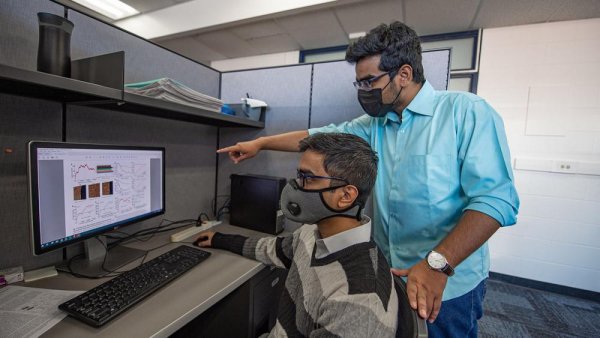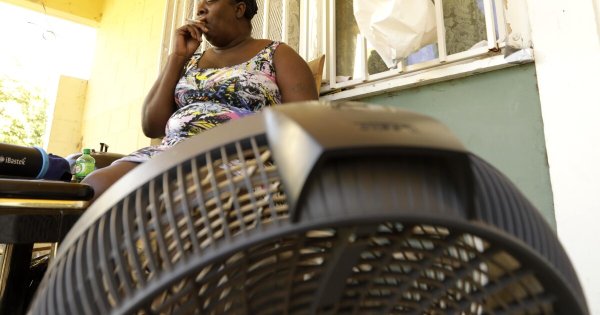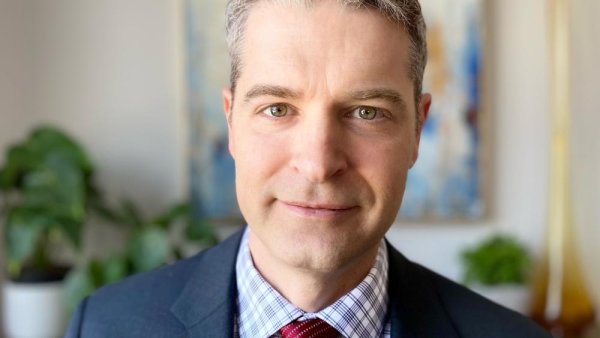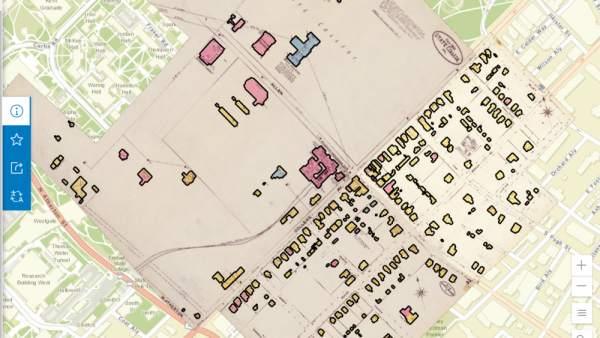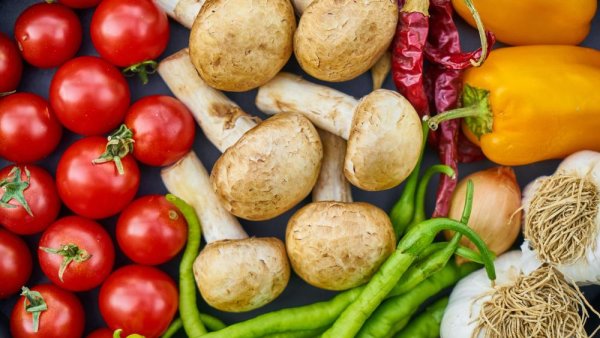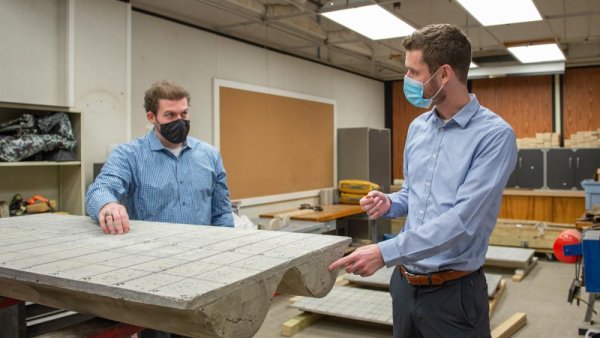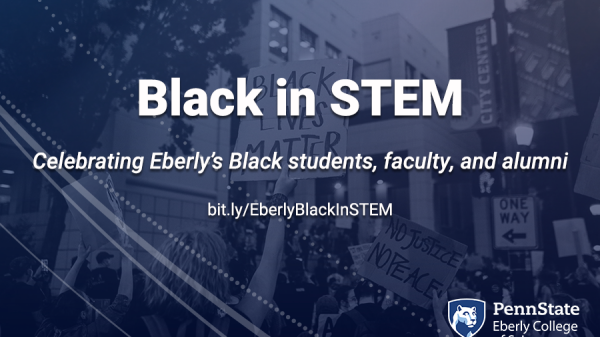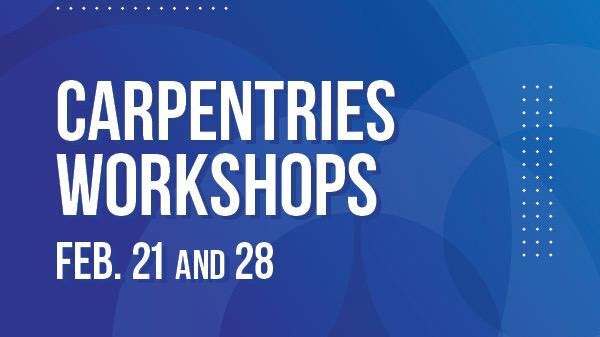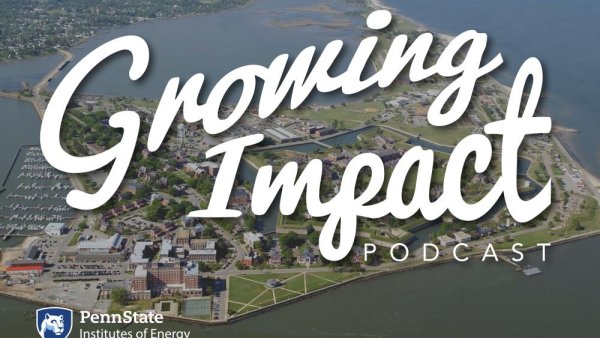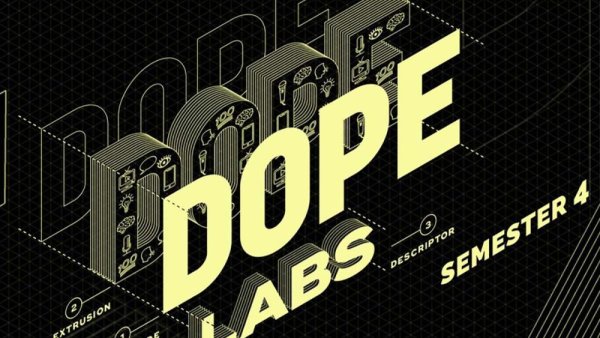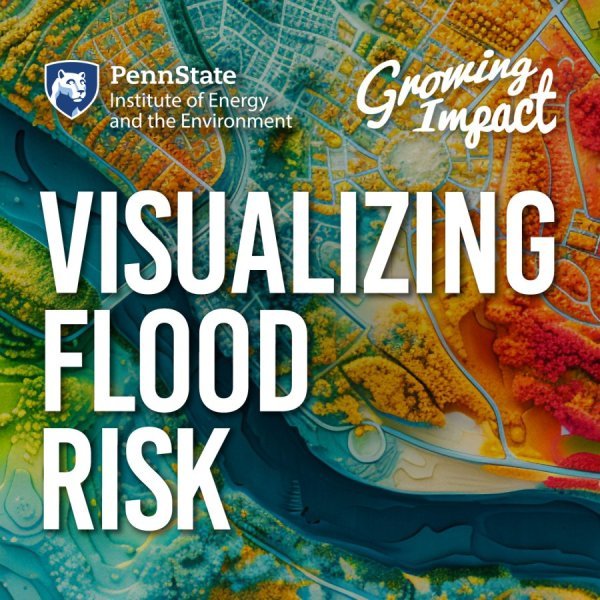Reconfigured AI devices enable lifelong learning for machines
| psu.edu
By reconfiguring neural networks in artificial intelligence devices, a multi-institute team that included Penn State researchers facilitated AI systems to continually learn and adapt new data and tasks in ways that were not possible or practical before.
As Earth warms, air conditioning use could exceed power supply in next decade
| latimes.com
U.S. homes can expect up to 8 days without summer air conditioning unless states expand power capacity, increase efficiency and lessen climate change.
Clint Schmidt named director of Research Security program at Penn State
| psu.edu
Clint Schmidt has been named as the senior director of Penn State’s newly established Research Security program. Schmidt currently serves as director of the Conflict of Interest program in the University’s Office of Research Protections, a position he has held since 2017. His new title will be Senior Director of Research Security and Conflict of Interest.
University Libraries creates new ArcGIS hub for geospatial data and apps
| psu.edu
The Donald W. Hamer Center for Maps and Geospatial Information at Penn State University Libraries has created a new ArcGIS Hub site that aggregates geospatial content created by current and former employees and students affiliated with the center.
Social science policy and communication strategies workshop
| psu.edu
The Evidence-to-Impact Collaborative at Penn State is hosting the virtual workshop “Improving Social Science Impact through effective Science Policy & Communication Strategies” on Feb. 21,
The Utterly Moderate podcast: The Doomsday Glacier... is collapsing?!? (with Richard Alley)
| richmond.com
Social scientist Dr. Lawrence Eppard is joined by Dr. Richard Alley (professor of geosciences at Penn State University) to discuss climate change's impact on the Doomsday Glacier and the potentially catastrophic consequences that this could have for sea-level rise and coastal cities across the globe.
Consumer support of food-waste solutions focus of agricultural economist's study
| psu.edu
When it comes to reducing food waste, consumers most favor solutions that involve making food donations easier and establishing standards for food date labels. That is one finding of a study — among the first to examine support and perceived effectiveness for popular food waste solutions — led by an agricultural economist in Penn State's College of Agricultural Sciences.
Balancing sustainability, safety and comfort in engineered floor slabs
| psu.edu
Penn State researchers explored a method for balancing structural and acoustic performance with sustainability in concrete floor slabs. Their findings were published online in the Journal of Architectural Engineering.
Eberly College of Science celebrates Black History Month
| psu.edu
Throughout the month of February, the Penn State Eberly College of Science will feature stories from its Black students, faculty and alumni as part of its celebration of Black History Month.
Libraries, ICDS host February workshops on lab computing skills for researchers
| psu.edu
This month, Penn State University Libraries and the Institute for Computational and Data Sciences will co-host two online workshops based on the training offered by The Carpentries, a global community that provides instruction and instructional resources on topics related to computational research.
Podcast looks at sea-level rise, its impact on culturally significant sites
| psu.edu
The latest episode of the Growing Impact podcast features a seed-grant project that aims to provide information to decision makers who oversee culturally significant, historic landmarks and sites where sea-level rise is likely to occur.
Dope Labs podcast creators to host science communication workshops at Penn State
| psu.edu
Dope Labs podcast creators and hosts Titi Shodiya and Zakiya Whatley will present Dope Labs Science Communication Week at Penn State, a four-day remote event that will introduce researchers to the broader science communication community and teach them to use social media, storytelling and a web presence to network with other scientists and engage with broad audiences. The event takes place Feb. 7-10.

